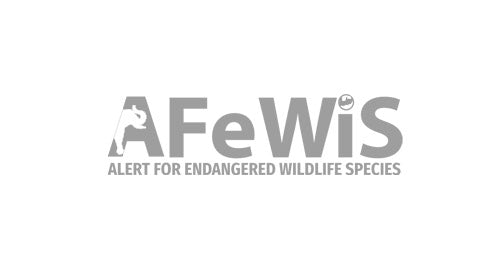
Alert for Endangered Wildlife Species
AFeWiS' creative beehive fence initiative is helping to protect Tanzania’s wildlife from poachers by naturally discouraging elephant activity in villages, restoring balance to the environment, and providing a sustainable source of income for locals.
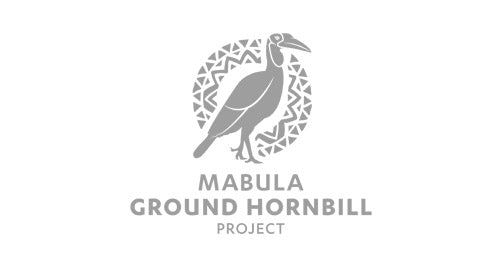
APNR Ground Hornbill & Mabula Project
APNR Ground-Hornbill & Mabula Projects work towards slowing and reversing the decline of the species while carrying out fundamental research on these iconic birds.
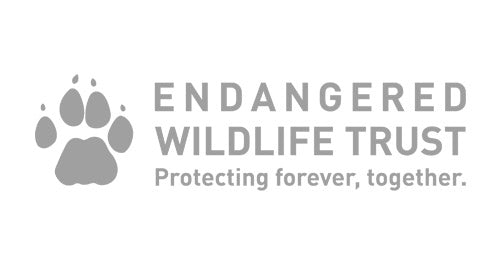
Endangered Wildlife Trust
EWTs expertise lies in pioneering solutions to minimise human-wildlife conflicts, closely monitoring endangered species, and securing protected areas that ensure the safety of both wildlife and human populations.

Invictus K9
Invictus K9 specializes in training highly skilled canine units that excel in tracking suspected poachers and detecting illegal wildlife products. Their expertise lies in protecting endangered species by deploying these dedicated canines in the field throughout Africa.

Leo Africa
Leo Africa’s mission is to gather vital data on key species—lions, leopards, elephants, cheetahs, buffalo, hyenas, and white rhinos—through a volunteer-based project focused on wildlife monitoring, conservation, and sustainable living in South Africa.
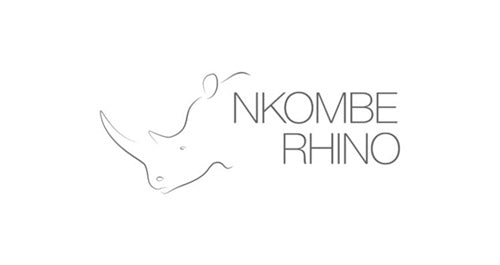
Nkombe Rhino
Nkombe Rhino support conservation on the ground, from anti-poaching units to veterinarians and helicopter pilots, the knock on effect has been a positive contribution to the survival of many protected species.
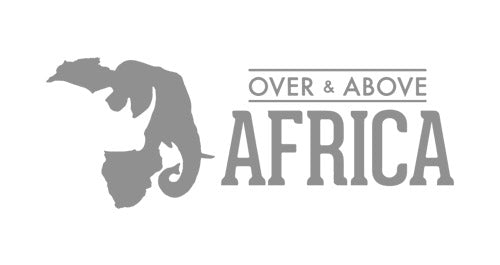
Over & Above Africa
Over & Above Africa is dedicated to funding local African initiatives to empower local communities, enhance living conditions for villagers, and safeguard endangered wildlife from the brink of extinction.
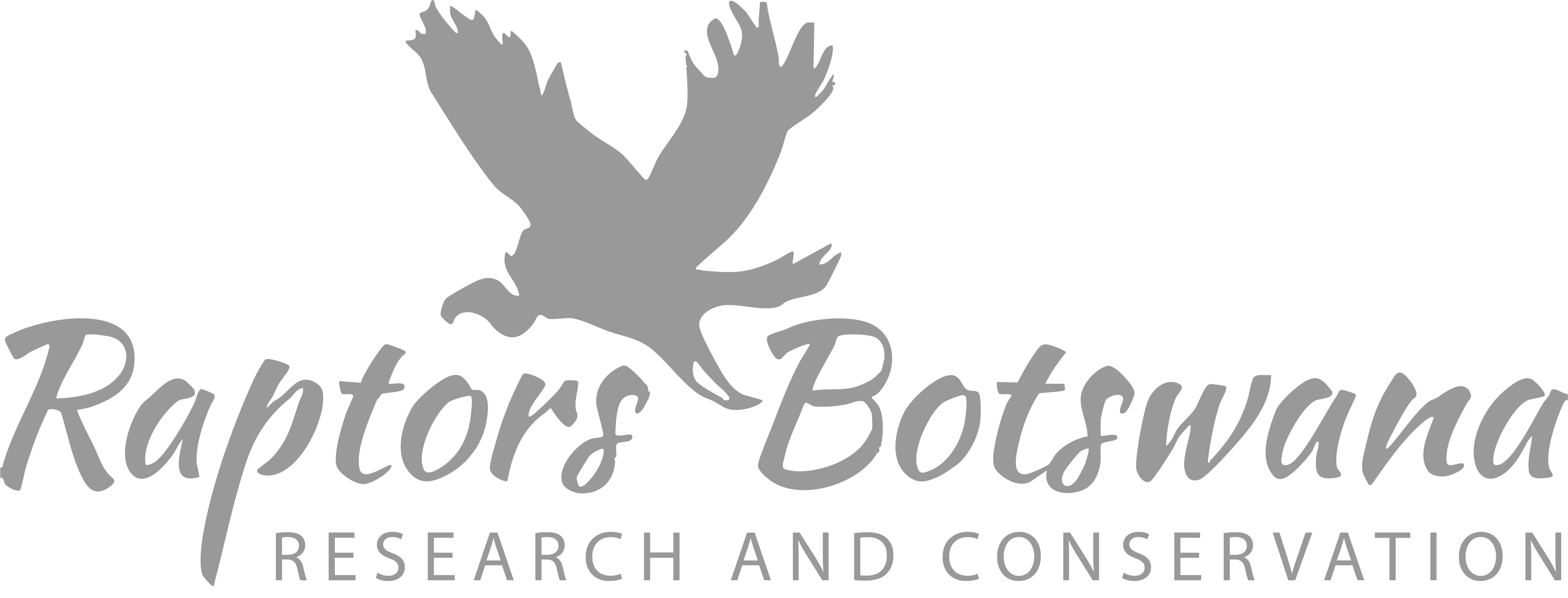
Raptors Bostwana
Raptors Botswanais a non-profit organisation established by dedicated and passionate conservationists to ensure the survival of raptors in Botswana.

Rhino Revolution
Rhino Revolution is at the forefront of rhino conservation, leading efforts in anti-poaching, rhino range expansion, and community development within the Greater Kruger Area, South Africa.
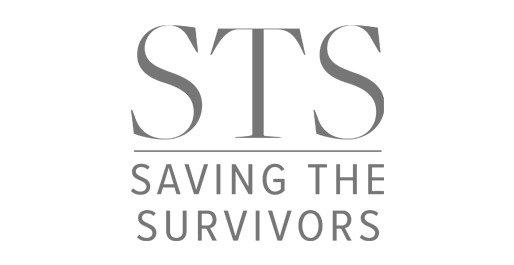
Saving The Survivors
Founded in 2012 by Dr Johan Marais to attend to injured endangered wildlife that have fallen victim to poaching or traumatic incidents. Many injured animals have been given a second chance after undergoing various interventions and surgical procedures.performed by the team.

Sungazer Working Group
The Sungazer, listed as ‘Vulnerable,’ faces threats from habitat destruction and illegal poaching. The Sungazer Working Group is dedicated to conservation planning and implementation, ensuring the protection of this distinctive species.
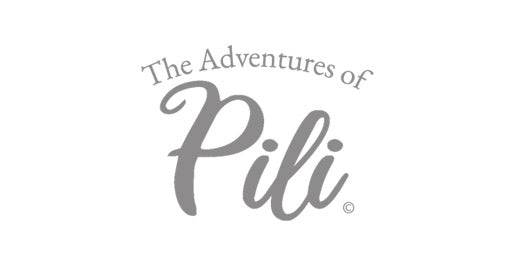
The Adventures of Pili
The Adventures of Pili’s mission is to create books and educational products that increase children’s awareness of global environmental issues and foster multi-lingual literacy.
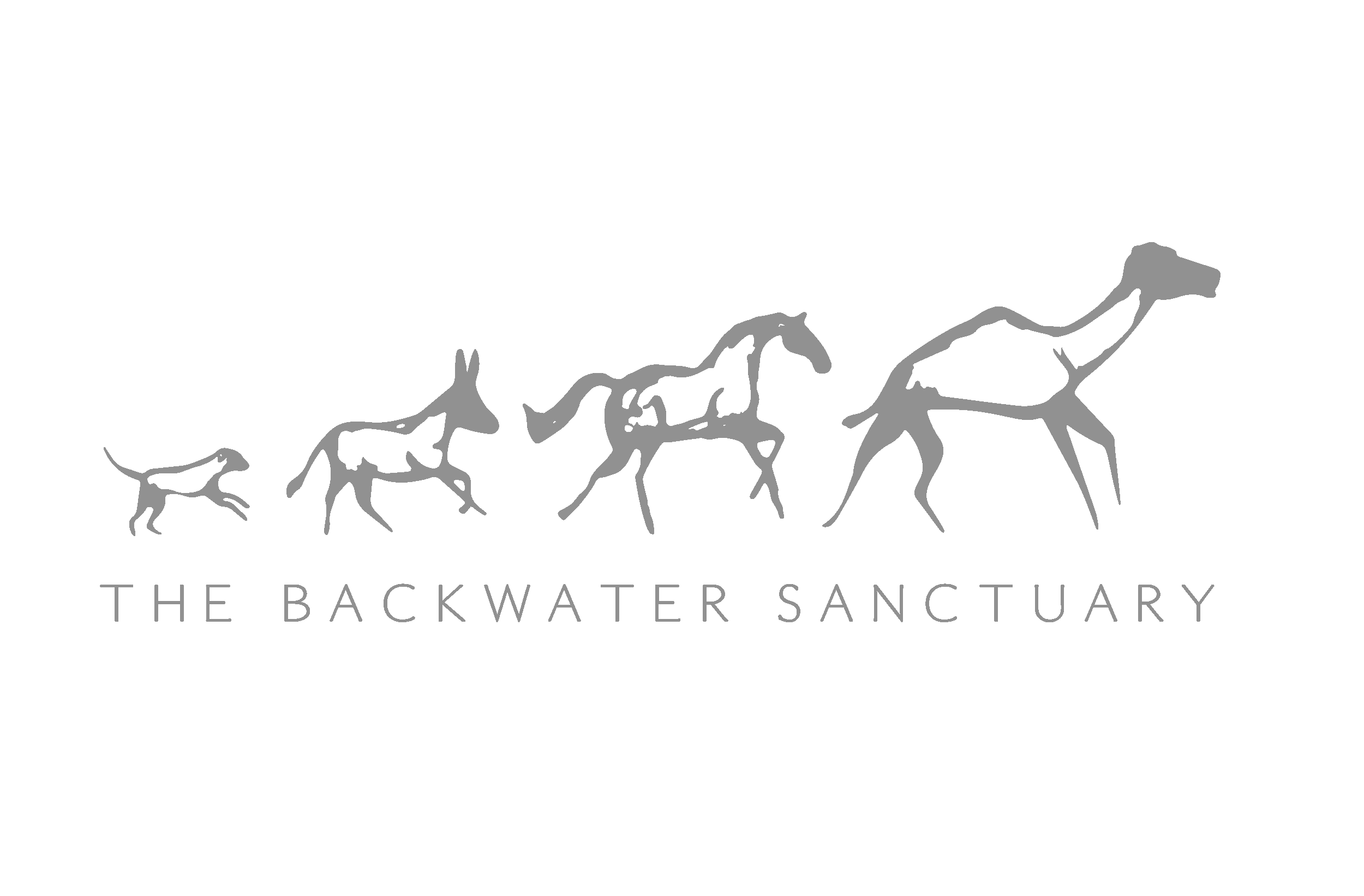
The Backwater Sanctuary
The Backwater Sanctuary are committed to the rehabilitation of horses, ponies and donkeys suffering from abandonment, abuse or neglect in India, and to provide them with a safe home for retirement.
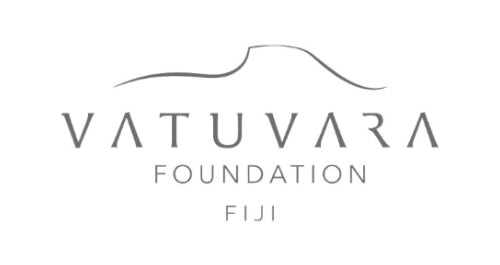
Vatuvara Foundation
The Vatuvara Foundation safeguard protected marine areas while introducing inventive solutions that enhance awareness and empower local communities through education, monitoring programs, protection of vulnerable species, poaching surveillance, and restoration efforts.
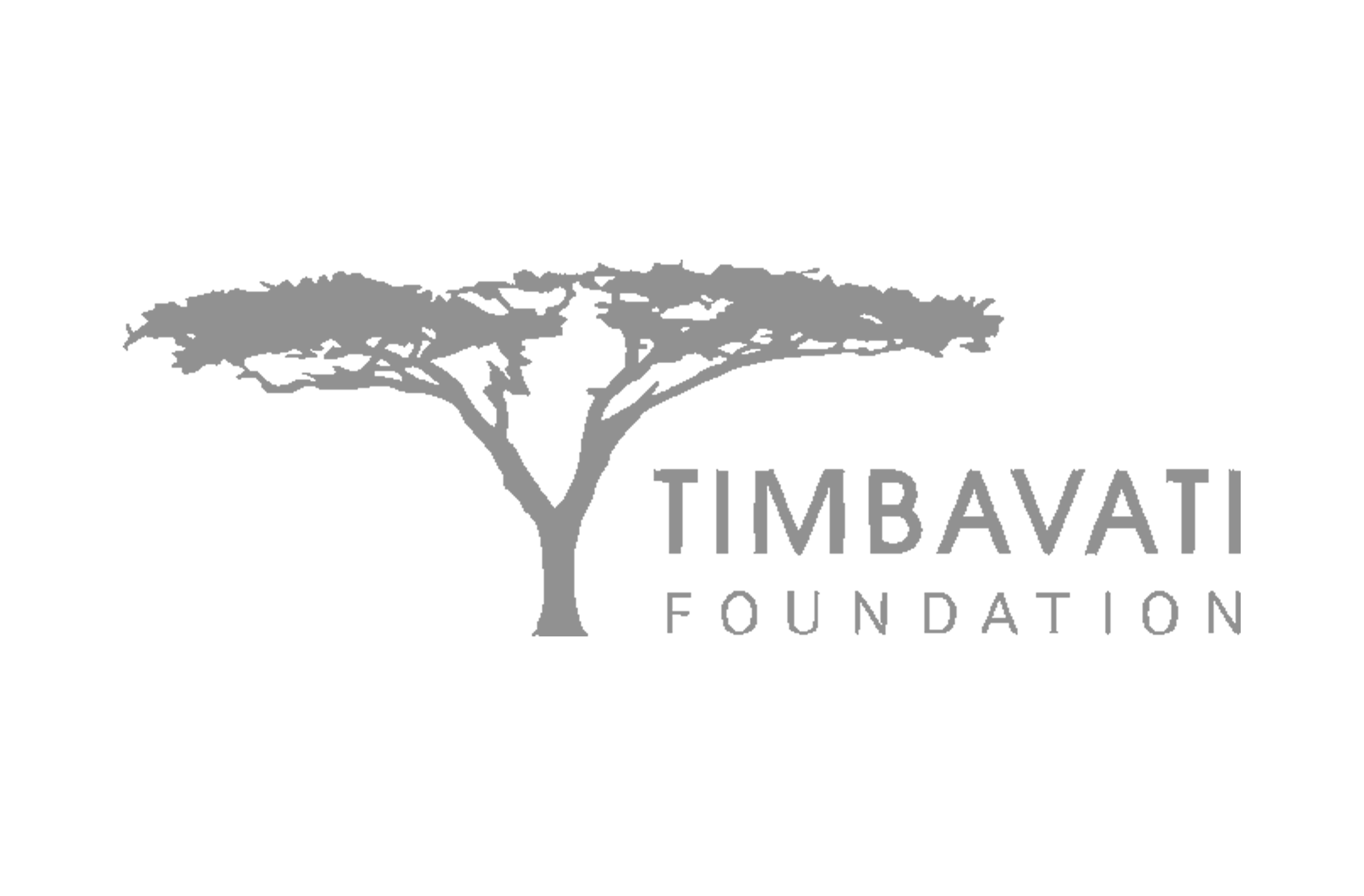
Timbavati Foundation
The Timbavati Foundation protects the Timbavati Private Nature Reserve through anti-poaching efforts and wildlife initiatives and engaging in sustainability programs and community outreach to support surrounding rural communities.
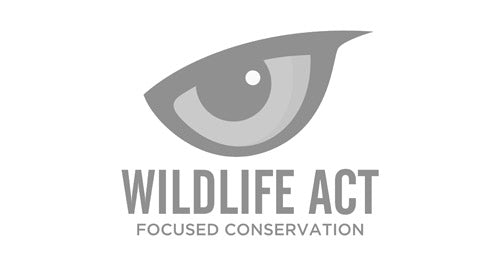
Wildlife ACT
Wildlife ACT is dedicated to the preservation of Africa’s endangered wildlife and wild places from extinction. They achieve this through informed, impact-driven projects that contribute to broad-scale biodiversity conservation.
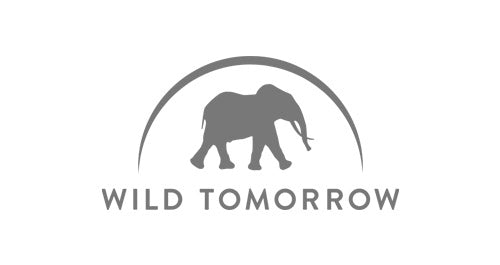
Wild Tomorrow
Wild Tomorrow preserves crucial habitats in South Africa, which would otherwise displace or annihilate existing wildlife. Today, their lands offer a secure haven for numerous species, including giraffes, zebras, wildebeests, and hippos.
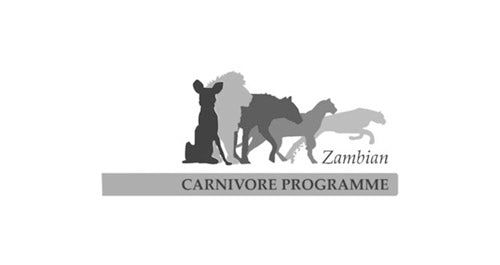
Zambian Carnivore Programme
ZCP contributes to the conservation plans for lions, wild dogs, leopards, cheetahs and hyenas as well as the ecosystems they reside in through, science, action, and local leadership.
RETAIL & STUDIO
The Farm House, R527
Hoedspruit LP South Africa
Whatsapp: +27 79 225 4988
contact@wildinafrica.store
. . . . . . . . .
HEAD OFFICE
65/2 Arbor Ave, Robina
QLD 4226 Australia
